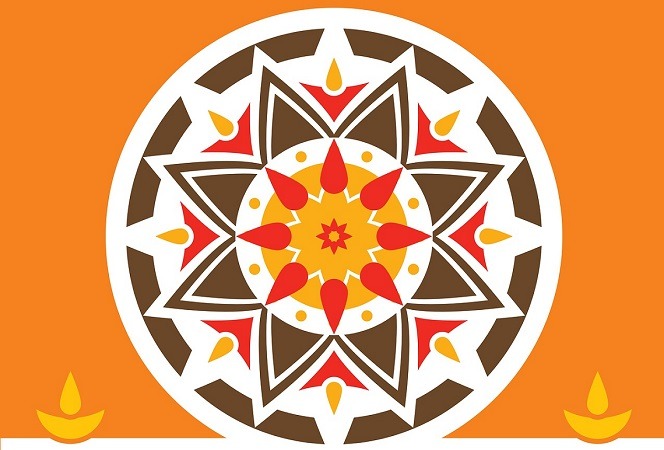Ugadi, also known as Yugadi, is a festival celebrated in the southern states of India, especially in Andhra Pradesh, Telangana, and Karnataka, to mark the beginning of a new year according to the Hindu lunar calendar. The festival is also called Gudi Padwa in Maharashtra and Goa. The festival is observed on the first day of the Hindu month Chaitra, usually in the month of March or April.
It is believed that on this day, Lord Brahma created the world, and thus, it is considered as the first day of the Hindu calendar. Ugadi coincides with the first day of Chaitra Navratri, a nine-day festival, and also marks the beginning of the spring season. The word “Ugadi” created from two Sanskrit words yuga and adi, this ugadi marks the beginning of a new era.
Mythology
According to Hindu mythology, Ugadi has a significant mythological background. It is believed that Lord Brahma, the creator of the universe, started the creation process on this auspicious day. Lord Vishnu is also believed to have incarnated as Matsya Avatar on this day to save the world from a great flood.
Legend has it that King Satyavrata, also known as Manu, was the only person to survive the catastrophic flood. During the flood, Lord Vishnu appeared in the form of a fish or Matsya Avatar and saved King Satyavrata by instructing him to build a large boat and take with him one pair of every species of animal on earth. After the flood subsided, Lord Vishnu helped King Satyavrata to restart human civilization.
According to the legend, the people of Ayodhya celebrated Lord Rama’s return by lighting lamps, decorating the streets with flowers, and offering prayers to him. The citizens also celebrated the beginning of a new era of peace and prosperity under Lord Rama’s reign.
Significance
In addition to the mythological background, Ugadi also marks the beginning of the spring season when farmers begin their new agricultural cycle. This is the time when the crops are harvested and new crops are sown. Ugadi is a time of hope and joy as it marks the beginning of a new year, new opportunities, and new beginnings. Here are some of the significances of Ugadi:
- New Beginnings: Ugadi is considered an auspicious time to start new ventures or projects. People often start new businesses, launch new products, or make new investments on this day.
- Harvest Festival: Ugadi also marks the beginning of the spring season, which is the time for harvesting the crops. Farmers welcome the new harvest season with joy and enthusiasm.
- Astrological Significance: According to astrological beliefs, Ugadi is an important day for predicting the future. It is believed that the planetary positions on this day have a great influence on the lives of individuals.
- Spiritual Significance: Ugadi also has a spiritual significance as it marks the beginning of Chaitra Navratri, a nine-day festival dedicated to the worship of the goddess Durga. The festival is celebrated with great devotion and fervor in South India.
Overall, Ugadi is a time for new beginnings, prosperity, and happiness. The festival is celebrated with great enthusiasm and joy in South India, with people dressing up in new clothes, preparing delicious meals, and exchanging gifts and greetings.
Ugadi rituals
These are some of the common rituals and practices followed during the celebration of Ugadi:
- Wake up early in the morning and take a bath with oil and gram flour to purify oneself.
- Offer prayers to Lord Brahma, who is considered as the creator of the universe. Chanting mantras and offering flowers, sandalwood, and akshata (uncooked rice mixed with turmeric) are some of the common practices.
- Decorate the house with rangolis or swastika symbols to bring positive energies to the house.
- Prepare a special dish called Pachadi by mixing new tamarind, mango, neem flowers, jaggery, and coconut. It is believed that this dish represents the different tastes of life and symbolizes the need to embrace both joy and sorrow with equanimity.
- Seek blessings from one’s favorite deity or home deity and offer prayers for health, wealth, and prosperity.
These practices may vary slightly from region to region, and families may have their own unique traditions and customs associated with the celebration of Ugadi.



























































